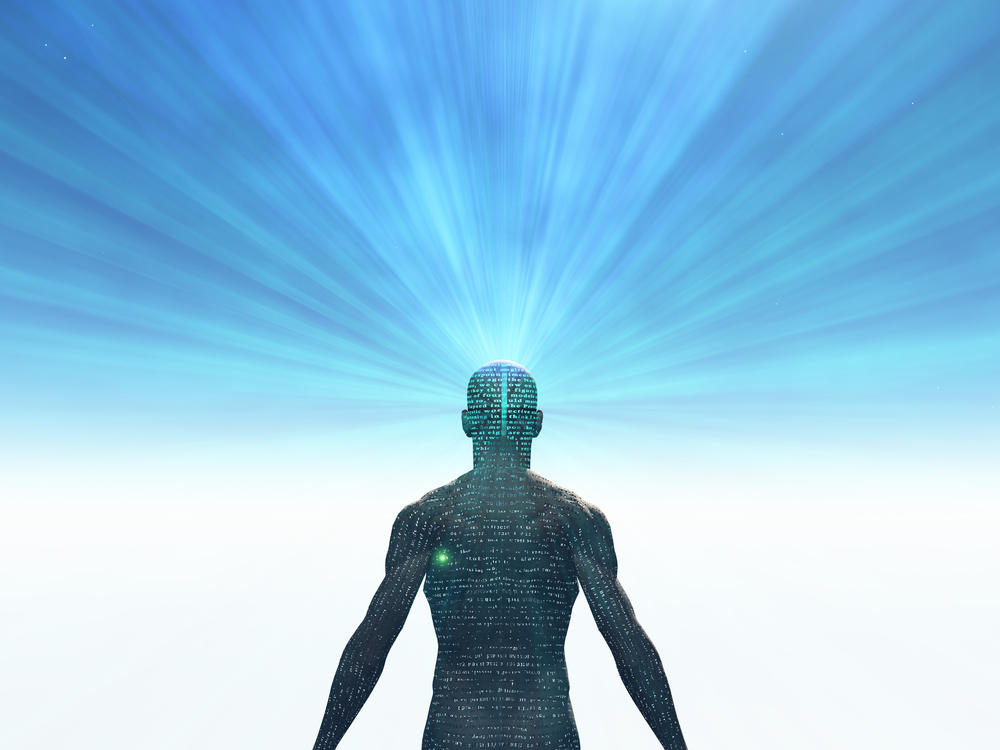
Changing Our Storyline: From Victim to Hero. Altering Posture and Restoring Personality with Acupuncture
Transforming our storyline is an important part of healing. Many feel victim to disappointment and trauma in their lives. In acupuncture, working with the Kidneys empowers a shift from victim to hero within our own life story.
There are two aspects to working with the Kidneys: the Yang-active aspect and the Yin-passive: the doing and the being. The Kidneys relate to our essential selves: they contain the code for our destiny and its capacity to unfold through life. Kidney Yang gives us the capacity to engage in life; Kidney Yin allows us to receive and observe: to be fully who we are.
The Kidneys are often the organ system most taxed and damaged with chronic illness. The insults and traumas of life, disappointments and sorrows can inhibit and drain the Kidney’s Yin and Yang: our capacity to be and do. Life can beat the will out of a person, causing them to invert and lose their desire to engage.
Fear is the emotion most associated with the Kidneys: fear of the world, or more commonly fear of oneself can inhibit full expression of the Kidneys, impacting all aspects of our being. Fear can cause a person to behave recklessly; it can also cause a person to become overcautious and inhibited. When fear is sublimated it can lead to fetishes and secretive behavior. Fear can also cause hypersensitivity and body weakness, contributing to many endocrine disorders.
Invigorating the Kidney’s Yang Qi-energy helps us begin to take responsibility for our lives, boosting the will to stand up to the challenges inside and outside ourselves. Nourishing the Yin-fluid aspect of the Kidneys (the hormones) helps us gain a sense of contentment and containment within ourselves: the ability to be comfortable in our own skin. Strong Kidneys give us the capacity to stand tall in the world, utilize our willpower to change and grow, and ground us into a sense of stability and strength.
Perception is very important when working with the Kidneys. How we view our lives, ourselves and our history has a great impact on our overall health. Do we see ourselves as the hero of our story? Or do we feel victimized and beaten down? A simple question can indicate the health of our Kidneys: if we could choose any life, if we could choose any personality, would we choose ourselves, our own lives? Or would we prefer to be someone else, to live a different life?
There are two deep acupuncture channels that utilize the Kidney’s energy, in addition to that of the regular Bladder and Kidney channels: they are called the Qiao-Stance Vessels.
The Yin Qiao Vessel, located on the inner leg is often used to rectify a person’s relationship with themselves: addictions, difficulty looking at and accepting oneself, often manifested as insomnia and anxiety: internal weakness.
The Yang Qiao Vessel, located on the outer leg addresses our tendency to fight with the world: the activist who becomes unwell due to excessive engagement and discomfort with the world.
Acceptance is a virtue associated with the Qiao Vessels: the ability to accept oneself and the world to the point that we remain balanced and healthy. Naturally, all of us grow and change, improving ourselves throughout life; and many of us wish to change the world for its betterment. However, this engagement must be within healthy boundaries so as to not make us sick. Alternatively, there are those of us who are in various states of depression, unable and unwilling to engage in the process of change and growth. There are various states of excessive Kidney energy and depressed or depleted energy. The Qiao Vessels can address both.
The Qiao Vessels usually manifest states of imbalance as a pair. When one is excessive, the other becomes deficient. Excessive focus on oneself can cause lack of engagement with the world. The inverse is also true. There are those of us who focus primarily on everyone else, neglecting ourselves, our own needs and self-care.
The Qiao Vessels are also seen as great depositories for trauma and unresolved issues. Chinese medicine teaches that trauma gets stored in the circulatory system initially. But if it becomes chronic and unresolved, it will go into the endocrine-fluid system and the large joints of the body to be stored. This will manifest changes in a person’s posture as a response to unresolved trauma.
Once trauma has gone beyond the conscious level of the mind (the level of the circulatory system and blood), into the unconscious it will begin to alter posture and personality. We don’t just obsessively think about the unresolved issue, we actually become the issue, allowing it to change us physically, even altering our personality. Habituation sets in. Our trauma actually begins to visibly change us into a different person, usually one that is more rigid, fixed and limited than before.
The Qiao Vessels show how unresolved trauma can be the root of degenerative disease, especially that which attacks the bones and joints.
A change in personality involves a change in perspective. Chinese medicine believes we see the world as we are. Each of us has a particular nature, a type, which perceives the world in a certain way. For example a “Wood” type or a “Fire” type sees the world in a much more exuberant way than does a “Metal” or “Water” type. “Earth” types tend to be accommodating, while “Metal” types are more rigid. “Water” types prefer to be alone, while “Fire” types prefer excitement and a lot of social interaction. A trauma can shift a person’s personality from one type to another. All of us are constantly evolving. But personalty shifts due to trauma are usually not evolutionary, but a type of disorder that cause angst and difficulty in a person’s life, usually in the form of depression. The person stops expressing their soul, which is psychically painful.
The Yin and Yang Qiao Vessels meet in the brain, traveling through the eyes via a very important point of perception. The acupuncture point Bladder-1 (BL-1) Ming Men (the Gate of Life), also called Jing Ming (Bright Eyes) not only influences perception, it also has a strong effect on endocrine function. BL-1 is the point where the two Qiao Vessels (Yin and Yang: inner and outer) communicate and exchange information, suggesting the way we see the world is predicated on the way we see ourselves. It’s often said: we don’t see the world the way it is, we see the world the way we are. To change our experience of the world we must often change our internal relationship with ourselves. Or, if our relationship with ourselves and the world has become altered due to trauma, we need to rectify and restore ourselves to our original nature. Resolving chronic trauma is a process that usually requires moving stagnation of blood and fluids internally.
Chinese medicine sees the blood circulatory system as the roadway by which consciousness circulates in the body. The blood carries the Shen, a term which connotes the mind, the spirit, intelligence and consciousness. The Shen is “housed” in the Heart and circulates through the circulatory system via the blood. Blood stasis is therefore seen as more than simply a physical phenomenon; it is stasis of the mind and spirit. It can be fixation of experience that we relive over and over again.
The Brain is a collection of memories and impressions according to Chinese medicine: it holds onto the past, which has formed beliefs about the world and ourselves. When we’ve been traumatized we fail to experience the present moment; instead we relive old experiences, either recreating them or perceiving present experience as something from the past. It is as if we’ve become possessed by old ghosts that continue to haunt us, stealing from us the pleasure and newness of the present moment. We become rigid, closed and habituated. Our physical structure and posture often reflects our psycho-sclerosis and requires movement of the mind and spirit via the blood to restore gait, grounded-ness and posture.
The Qiao Vessels, through their capacity to deposit unresolved trauma into the brain create psycho-sclerosis: a fixation of the mind which will also fixate the physical body. Treating the Qiao Vessels can be a way towards liberation and release. They can powerfully place us back into the present moment, strengthening our capacity to stand up to the ghosts within ourselves, daring us to resolve our haunted perceptions and memories.
A patient I’ve been working with for several months initially came to me complaining of hip, low back and sacral pain. His belly would bulge and his low back and pelvis would become tense and misaligned. It often occurred during times of stress and fatigue. This man told me after several sessions that he was abused as a child, mostly verbally and emotionally, but he wasn’t altogether sure if there wasn’t also some sexual abuse early in his life. He said he’d experience body dysmorphia and sexual dysfunction which alternated between fetish and impotence, shame and the desire to sexually “act out.” He feared he was a sexual compulsive. He felt at one point in his life he went from being a “good boy” to being “bad.” He described frequently feeling pulled between these two extremes, especially within his sexual life.
We discovered his pelvis went out of alignment when he went into fantasy-mode within his mind, pulling him out of the present moment. This is when he would become compulsive and his fetish “shadow” urges would present themselves. They could sometimes overwhelm him, causing him to engage in behavior that he’d later regret.
The Yin Qiao Vessel was classically used to treat “parasites,” “ghosts,” “infestations,” which can be physical but were also seen as addictions and various “shadow” material within the psyche. That which is unconscious and sublimated will often express itself either through behavior or through posture. In the case of this young man the sublimated material was expressing itself both via posture through his pelvic misalignment as well through his fetish “acting out” behavior.
The opening point of Yin Qiao is Kidney-6 (KI-6) called “the illuminating sea.” The name of this point suggests the ability to look at oneself: at the sea which is representative of the abdomen, the internal terrain of the body, and see oneself reflected back. This is a point of self-appreciation. The next point used on Yin Qiao was Kidney-8 (KI-8) called “the intersection of faith,” which is a powerful point to regulate the vessel associated with the unfolding of one’s destiny. It calms, soothes and smoothes the utilization of our inner resources and the application of our willpower.
The next two points on Yin Qiao are the points Stomach-12 and Stomach-9 (ST-12 and ST-9). They are points that regulate the blood and Qi-energy of the body, breaking through stagnation that is fixating perception. The next point is Bladder-1 (BL-1) which influences endocrine function and that which has deposited into the brain. The final point is Gallbladder-20 (GB-20) which pulls material out of the brain, and therefore from the bones and joints.
Through several weeks using Yin Qiao, the patient began to sleep better. His anxiety reduced and his urge to “act out” diminished. His pelvic tilt reduced as well, as did his achy back. He started being able to dialogue about his fears concerning himself, and became more amenable to exploring healthier expression and outlets for his “internal pressure.” Sexuality remained a tender spot for him, yet he found himself better able to speak of his fantasies and fetishes without self-damning judgement and shame.
Probing the Kidneys through Yin Qiao made the unconscious shadow material more conscious and manageable. His need to act out sublimated trauma and express it through posture reduced as sublimated “shadow” material became more conscious. At the same time, his ability to look at himself and gain the willpower to change his idea of himself and his past helped strengthen his ability to “stand tall” and regain a sense of personal power. He felt less a victim and even started seeing his past as a learning experience that helped him be more able to have compassion for others. He started to acknowledge himself as the hero within his own life story.


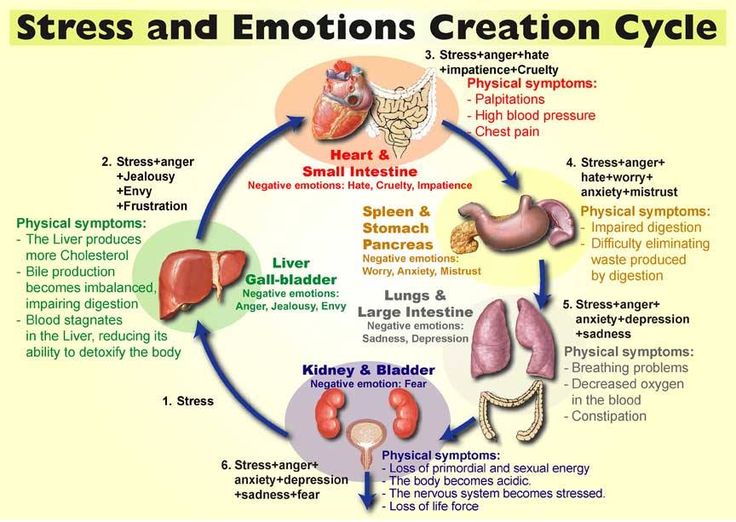
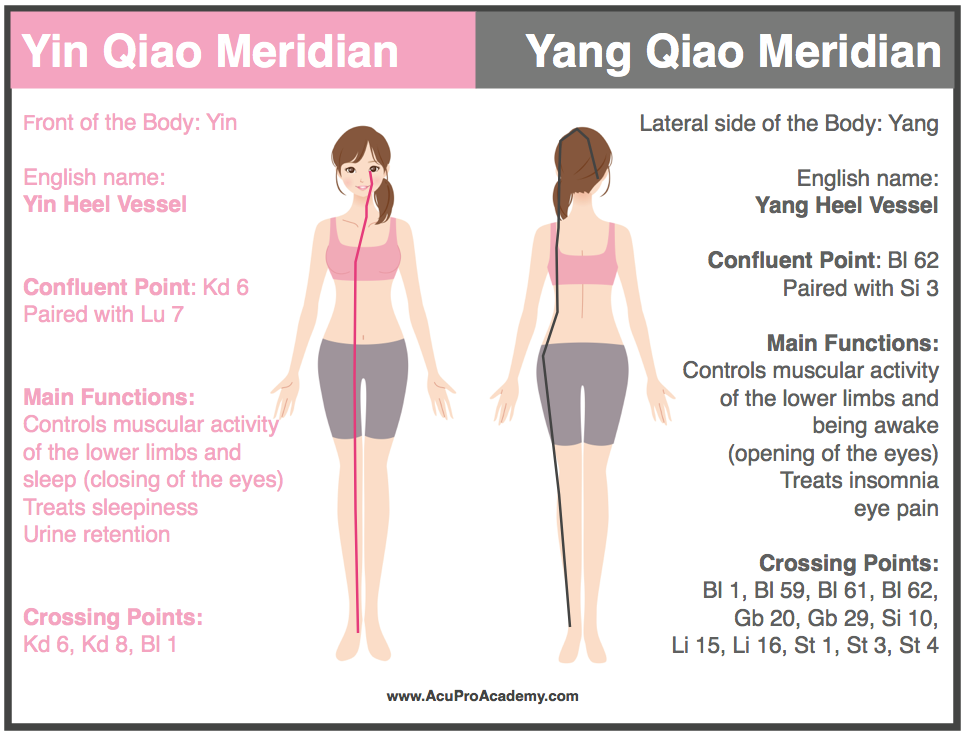
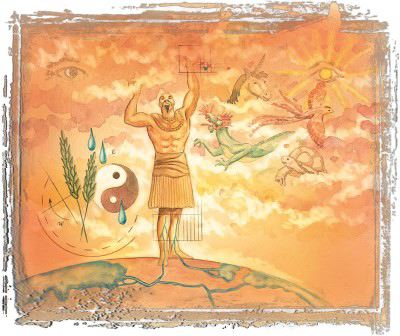
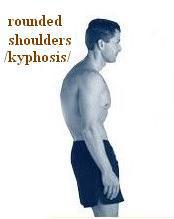


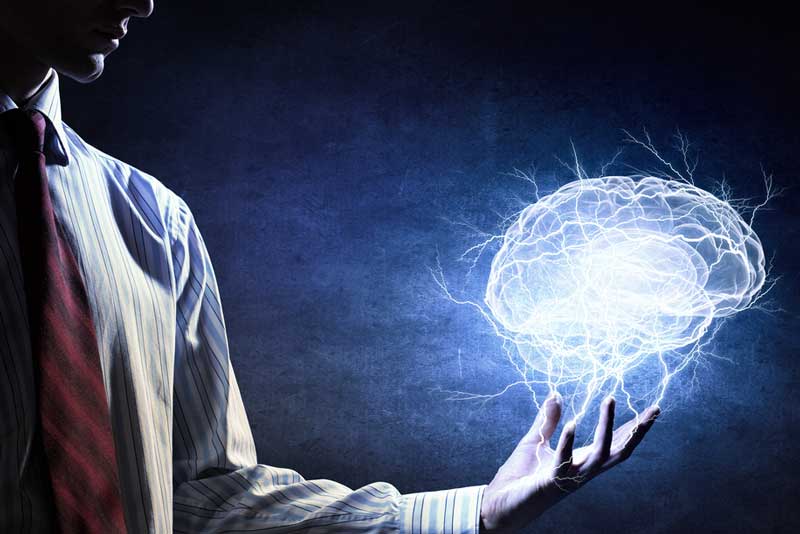
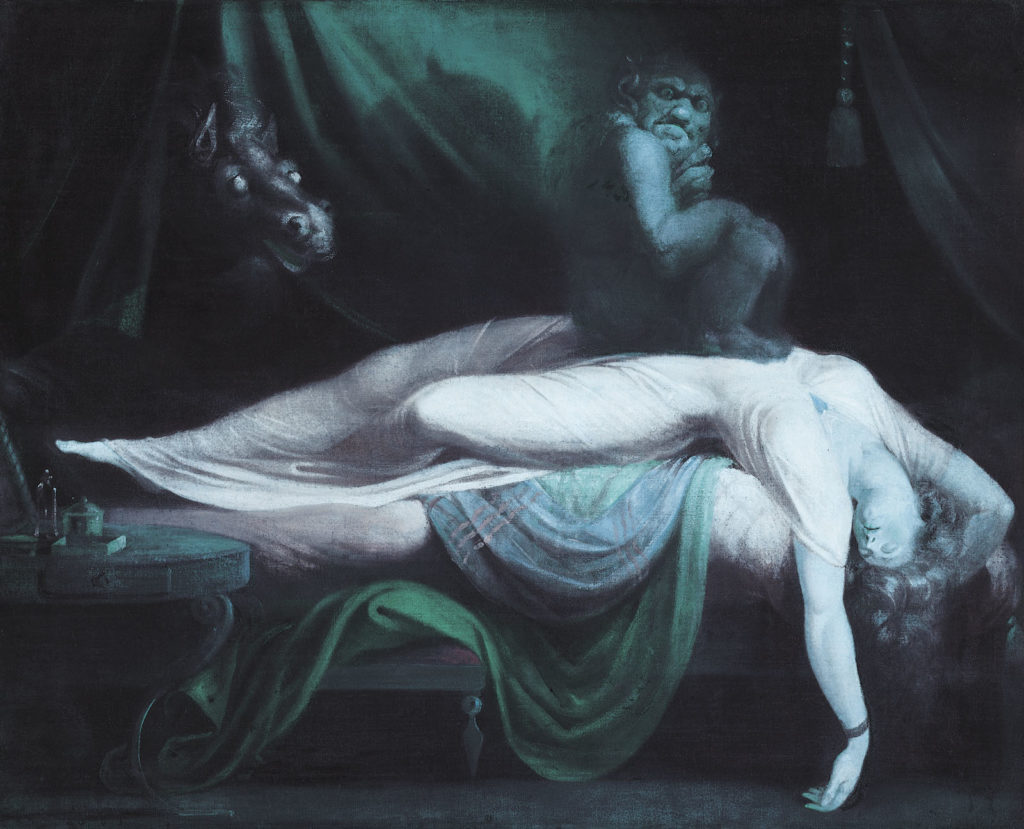




No Comments